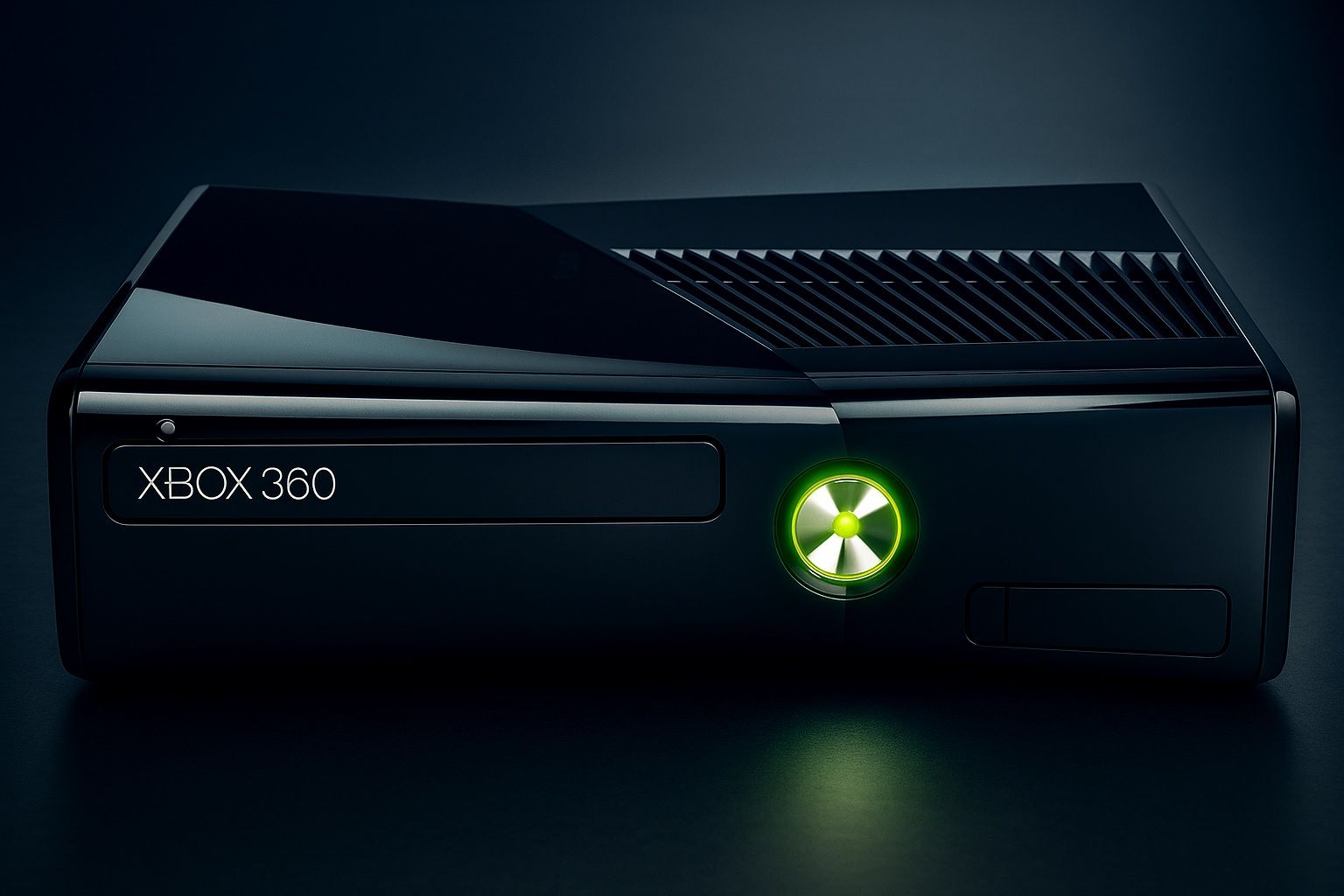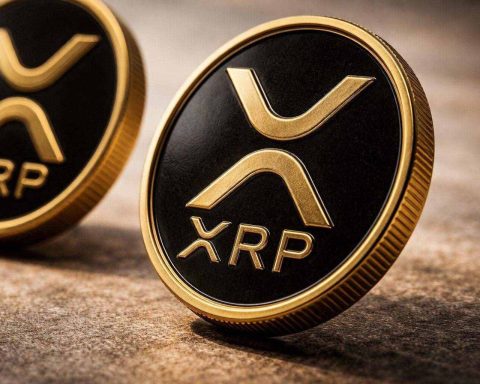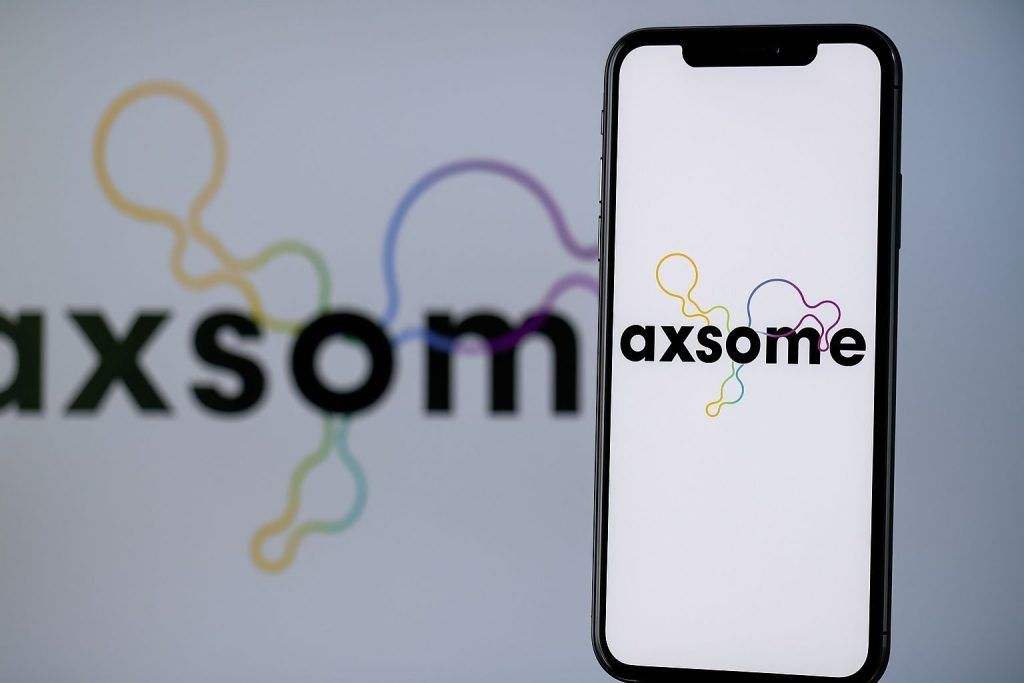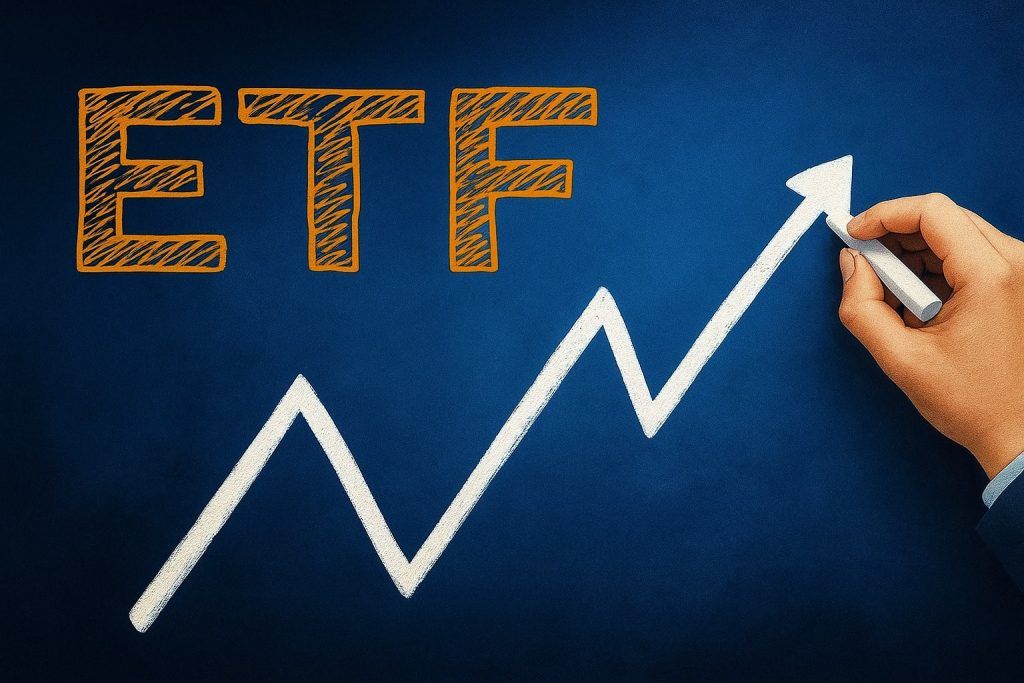- Delisted classics resurface: Gamers in some regions noticed that several Xbox 360 games which had been delisted are now visible on the Microsoft Store with a “Coming soon” labelnotebookcheck.netel-balad.com. These titles were previously removed (following the July 2024 shutdown of the Xbox 360 marketplace) and had not been available for purchasenotebookcheck.netel-balad.com. Their unexpected return has sparked excitement and speculation among the gaming community.
- No official word (glitch or tease?): Microsoft has not announced anything yet, leaving the reason for these reappearances unknowntechnetbooks.com. Community theories range from a simple technical glitch to a deliberate move foreshadowing renewed access to older gamestechnetbooks.com. Some optimists hope this is an intentional update that will eventually allow players to buy or download these classics again, while others caution it could just be a database error on the storefronttechnetbooks.com.
- Backward compatibility hopes: The listings have fueled hopes that Microsoft is preparing a new backward compatibility initiative for both console and PC. Microsoft has publicly pledged to keep classic titles playable on future Xbox systems, and reports suggest the next Xbox console will support older games that currently can’t run on PCnotebookcheck.net. The reappearance of delisted 360 titles may be a sign that these backward-compatibility plans are moving forwardel-balad.com.
- Game preservation efforts: Microsoft formed a dedicated “game preservation” team and even posted a May 2025 job listing for a software engineer focused on backward compatibilitynotebookcheck.netnotebookcheck.net. Xbox chief Phil Spencer has emphasized that preserving gaming history is “front and centre” and said he “would love to find solutions” for the ~220 Xbox 360 games that were set to disappear after the store closurepurexbox.com. This corporate focus suggests the company is actively exploring ways to bring back or maintain access to older titles.
- Xbox 360 emulator rumors: Industry insiders have been hinting at an official Xbox 360 emulator in development. Windows Central’s Jez Corden revealed “there’s work being done” on a Windows-based emulator to run some legacy Xbox games, possibly as early as 2026playratedgames.com. He and others note that Microsoft might use such an emulator to support Xbox 360 games on modern Windows devices (like handheld gaming PCs) and the upcoming Xbox consolenotebookcheck.nettechnetbooks.com. This would mirror the functionality of fan-made emulators (e.g. Xenia) but in an official capacitynotebookcheck.net.
- Challenges ahead: Bringing back delisted games isn’t as simple as flipping a switch. Even with an emulator, licensing issues pose a major hurdlenotebookcheck.netplayratedgames.com. Many older games, especially third-party titles, would require new agreements with publishers or rights-holders before they could be resold or added to services. Microsoft insiders suggest only a curated selection of games might return due to these constraintsplayratedgames.complayratedgames.com. Additionally, questions remain on how an emulator would integrate with the Xbox ecosystem (e.g. achievements, online features) and how well older games would perform on new hardware.
- Next-gen strategy: All signs point toward Microsoft’s next Xbox (expected by 2027) being a Windows-based, AMD-powered machine that blurs the line between console and PCnotebookcheck.netel-balad.com. Phil Spencer has stated the Xbox platform is evolving to “connect console, PC, and cloud into one ecosystem”notebookcheck.net. Backward compatibility — potentially via an emulator or other solutions — would align with that vision, ensuring gamers can access titles from the Xbox 360 era on both future consoles and Windows PCs.
- Market and industry impact: If Microsoft succeeds in restoring or supporting these classics, it could strengthen Xbox’s reputation for backward compatibility (an area where competitors like Sony and Nintendo have been more limited). It might also add value to the Xbox ecosystem (imagine older fan-favorite games on Game Pass or for sale again), driving engagement without requiring costly new development. Investors appear optimistic about Microsoft’s gaming strategy; the company’s stock (NASDAQ: MSFT) trades near all-time highs (recently ~$520/share)macrotrends.net. While the delisted games’ return is more about goodwill than immediate profit, it underscores Microsoft’s long-term approach to gaming as a broad, inclusive platform spanning generations of content.
Delisted Xbox 360 Games Reappear on Microsoft Store
A wave of nostalgia hit Xbox fans when multiple Xbox 360 titles that had been delisted suddenly reappeared on the Microsoft Store in late October/early November 2025. These games, previously removed from digital sale, are now showing up with a “Coming soon” tag instead of a purchase optionnotebookcheck.net. The discovery was first highlighted by a user named JB on social media, who noticed a “crop of new titles” in the store that were not supposed to be therenotebookcheck.net. Notably, some of these titles are ones that currently can’t be purchased or played on Xbox Series X|S due to lack of backward compatibility supportnotebookcheck.net.
The appearance of delisted games in the store is highly unusual. Microsoft had shut down the Xbox 360 Marketplace on July 29, 2024, which led to hundreds of older games being delisted from salenotebookcheck.net. After that date, players could no longer buy those games digitally on any platform (though existing owners could still re-download their purchases, and disc-based games continued to work if they were among the backward-compatible titles). Given this context, seeing any of these 360-era games listed anew — especially with a teaser like “coming soon” — was enough to set the Xbox community abuzz with speculationel-balad.com.
Glitch or Backward Compatibility Teaser? Community Speculation
Thus far, Microsoft has made no official announcement about these reappearing games, leaving everyone to wonder what’s actually happeningtechnetbooks.com. Could this be a simple error, or is it a hint of something bigger on the horizon?
On one hand, it’s possible this is just a technical glitch or database error on Microsoft’s storefronttechnetbooks.com. Large digital stores occasionally flicker up outdated listings or incorrect information by mistake. A sudden re-listing of old content could be an unintended side-effect of backend maintenance or testing. In fact, some community members recalled past instances where delisted content momentarily appeared due to bugs, only to vanish again without fanfare. Until Microsoft confirms otherwise, a mundane glitch remains a viable explanation – hence the grain of salt many are taking with this newstechnetbooks.com.
On the other hand, optimistic fans believe this could be an intentional preview of a backward compatibility push. The fact that the games are marked “Coming soon” suggests the listings might be actively being prepared for something, rather than being ghosts from the past. One theory is that Microsoft may be in the process of re-licensing certain classic games or updating them to be sold/playable again on modern hardwaretechnetbooks.com. This could involve renegotiating rights or making technical tweaks so that these titles can run on Xbox Series X|S (and possibly Windows PCs). Given Microsoft’s emphasis on game preservation, some see this as a likely scenario – essentially Microsoft laying the groundwork to bring back old favorites for purchase in the near futuretechnetbooks.com.
A third possibility ties directly into long-brewing rumors: that this is connected to an upcoming Xbox 360 backward compatibility program for both the next Xbox console and Windows PCstechnetbooks.com. In other words, the “Coming soon” might refer not just to the games themselves, but to a new platform feature that will allow those games to run again. This theory gained traction because it aligns with other clues (discussed below) that Microsoft has been actively working on backward compatibility solutions. The sudden appearance of titles spanning various publishers and genres – after over a year of delisting – is seen by some as a deliberate test or soft-launch of an emulator or similar system. Simply put, it might be Microsoft teasing that full support for these old games is around the corner.
Until Microsoft provides clarity, the community remains split. It’s worth noting that even those hopeful for a backward-compatibility revival urge caution. If this is a mistake, the listings could disappear at any time, and getting too excited might lead to disappointment. But if it’s not a mistake, then Xbox fans could be in for a very welcome surprise soon. As one tech outlet summed up, “there has been no official announcement… This has led to three primary lines of thought within the community” – namely, an intentional update, a store glitch, or a hint at backward compatibility planstechnetbooks.com. For now, the mystery continues.
Microsoft’s Backward Compatibility Commitment and Preservation Efforts
Microsoft’s track record suggests that the optimistic interpretations may not be far-fetched. The company has consistently expressed a commitment to game preservation and backward compatibility. In fact, Microsoft’s approach to backward compatibility has long been a differentiator in the gaming industry. Over the last decade, the Xbox team made hundreds of Xbox 360 (and even original Xbox) games playable on Xbox One and Xbox Series X|S through their backward compatibility program. This allowed classic titles to live on, often with enhancements like higher resolutions or frame rates on new hardware. While that program paused adding new titles after late 2021 (largely due to licensing and technical constraints), the philosophy behind it clearly remained alive within Microsoft.
In mid-2024, when Microsoft announced the closure of the Xbox 360’s online store, it gave a full year’s notice precisely because of preservation concernspurexbox.com. At that time, Phil Spencer (CEO of Microsoft Gaming) voiced his empathy for gamers worried about losing access to content. He acknowledged a list of approximately 220 digital-only Xbox 360 games that would effectively vanish after the store shutdown – games that were “not back compat” (not supported on newer hardware) and not available on other platformspurexbox.com. Spencer literally said he had that list “stapled on my forehead” as a constant reminder, and “would love to find solutions” so that those titles could continue to be played in the futurepurexbox.compurexbox.com. In the same interview, Spencer affirmed that game preservation remains critical to Xbox, highlighting the company’s efforts as “world class” so far but implying more work was neededpurexbox.com.
Those weren’t empty words. By 2025 Microsoft had formed a dedicated team focused on preserving classic games and exploring technology to support themnotebookcheck.net. In May 2025, a job posting by Microsoft for a Principal Software Engineer explicitly mentioned responsibilities in enabling backward compatibility for legacy Xbox titlesnotebookcheck.net. This was a strong sign that engineering resources were being allocated to solving the exact problem of how to bring older games to modern systems. In essence, Microsoft was hiring people to make Xbox 360 (and older) games run on newer Xbox hardware or Windows, presumably via emulation or other creative solutions.
The reappearance of delisted games in November 2025 fits this narrative. It suggests that behind the scenes, Microsoft may have made progress on these backward compatibility efforts – enough progress that some content is being prepared for rollout. It aligns with Spencer’s promise that “the list of 220 games is something we see” and want to addresspurexbox.com. If those “coming soon” labels are intentional, they might be the first fruits of the preservation team’s labor, potentially restoring access to games once thought lost to time (or at least lost to anyone who didn’t already own them on an old console).
Still, reviving delisted games is not trivial. Licensing issues are often the brick wall in these scenariosnotebookcheck.net. For example, if a game was delisted due to expired music licenses or defunct publishers, Microsoft must navigate legal agreements to make it commercially available again. That might mean renegotiating rights or even omitting certain features/content. Spencer himself noted the challenge: preservation that relies on original hardware (e.g. keeping Xbox 360 consoles alive forever) isn’t practical, but neither is bringing every old game forward without complicationspurexbox.com. This is why, when the backward compatibility program last added titles in 2021, the team said that was the final addition – not because they didn’t want to add more, but because virtually all remaining games were tied up in licensing or technical hurdles. Now in 2025, perhaps Microsoft has found some workarounds or decided to pursue a different angle (like PC emulation) to skirt some of those challenges.
From a preservation standpoint, what’s happening now could be seen as Microsoft making good on its promise to do right by its legacy content. Even if only a subset of those delisted games return, it sets a precedent in the industry for how a platform holder can value its classic library. This is in contrast to, say, Sony’s strategy with PlayStation’s older titles (where PS3 and older games aren’t broadly compatible on PS5 except via streaming or remasters) or Nintendo’s approach of reselling retro games through limited catalogs. Microsoft is effectively saying: “When you buy an Xbox game, it should outlive the hardware it came on.” Re-listing Xbox 360 games for modern play would strongly reinforce that message.
Rumors of an Official Xbox 360 Emulator for PC & Console
The intriguing store listings also resonate with persistent rumors of an official Xbox 360 emulator under development. For months, rumblings in the tech and gaming press suggested that Microsoft was working on bringing Xbox 360 emulation to Windows PCs as a way to integrate the Xbox library more deeply with the PC ecosystemnotebookcheck.netnotebookcheck.net. Such an emulator would be a software layer enabling PC (and potentially future Xbox consoles running Windows) to run Xbox 360 games natively, even those that never had official PC releases.
One reliable source of these rumors has been Jez Corden, a well-known Microsoft/Xbox insider and editor at Windows Central. In fall 2025, Corden discussed on the Xbox Two podcast and Discord that “there’s work being done” on a Windows-based Xbox emulatorplayratedgames.com. According to Corden, this initiative — sometimes referred to internally as part of an “Xbox Classics” program — is aimed at letting modern hardware run “some” older Xbox titles, including Xbox 360 gamesplayratedgames.comtechnetbooks.com. Importantly, he indicated the tech could be ready by 2026, suggesting Microsoft might roll it out in stages, possibly tied to the next Xbox console launch or as an update to Windows/Xbox apps.
Corden’s info also hinted that Microsoft sees this as a response to criticism. When the company partnered with Asus on the ROG Ally (a Windows 11 handheld PC marketed as a portable Xbox Game Pass machine), many fans pointed out the irony that it couldn’t play many actual Xbox console games – especially older ones that weren’t on PC. The rumored emulator would address that gap, allowing devices like the ROG Ally (and any Windows PC or future handheld) to run classic console exclusivesplayratedgames.complayratedgames.com. Essentially, Microsoft wants to make good on “Play Anywhere” not just for new titles but for legacy content too, unifying the library across console and PC.
While exciting, the official emulator project comes with caveats. Corden and others have been quick to manage expectations, largely because of the aforementioned licensing complexitiesnotebookcheck.netplayratedgames.com. Unlike fan-made emulators which technically can run any game (legality aside), Microsoft can’t just flip a switch and make every Xbox 360 game available on PC. They would need to secure permissions for each title they want to release in this wayplayratedgames.com. With nearly 5,000 games in the Xbox 360 catalog, full coverage is impossible. So insiders suggest the emulator might be used in a curated manner – for example, Microsoft might pick certain popular or important games and wrap them in an official emulator container for distributionplayratedgames.com. This could resemble how Nintendo handles retro games via its Switch Online service (a selection of classics updated over time), or it might be more like individual re-releases sold separately but powered by emulation under the hood.
Despite the hurdles, the prospect of an official Xbox 360 emulator has the gaming community excited, because it would signify unprecedented access to classic console games on PC. There are already third-party programs like Xenia that prove it’s technically feasible – Xenia can run many Xbox 360 games on Windows today – but an official solution could integrate with Xbox Live, support cloud saves, achievements, and be optimized for broader compatibility. In fact, a Windows Central report from May 2025 suggested Microsoft’s emulator team and game preservation team might be working together under an “Xbox Classics” initiative to bring older games to PC and even Game Pass with enhancementsnotebookcheck.netfacebook.com. If the current “Coming soon” store listings are related to this, Microsoft could be preparing to test or debut the emulator by reintroducing some beloved 360 titles.
It’s also likely not a coincidence that Microsoft’s $69 billion acquisition of Activision Blizzard (completed in 2023) added a trove of legacy titles to its ownership. That deal included many older franchises and games (for example, classic Call of Duty entries, Tony Hawk’s series, etc.). Microsoft now has the rights to many games that were on Xbox 360 – potentially making it easier to re-release those through backward compatibility since they own the content. An official emulator would make those re-releases much simpler: rather than porting or remastering the games, Microsoft could essentially toggle on their availability via emulation (while possibly upping resolution/frame rate). It’s speculative, but one could imagine a scenario where Game Pass adds a new section for “Xbox 360 Classics” playable on PC and Xbox Series X|S, composed of titles both from Microsoft’s own back-catalog and select third parties who opt in.
In summary, the rumor mill points to a concerted effort by Microsoft to bridge the remaining gap in its backwards compatibility story – namely, the Xbox 360 and even original Xbox games that never made it onto modern systems. The sudden reappearance of delisted games lends credence to those rumors. It feels like a tangible sign that the engineering work (the emulator) and the legal work (licensing games) are converging towards a product rollout. Whether that happens in the form of a big announcement (perhaps at an event like E3 or a dedicated showcase) or a quiet update remains to be seen. But the pieces are coming together: as one report noted, “Microsoft might develop an official Xbox 360 emulator… Jez Corden hinted an official solution is under development”el-balad.com, which now seems more believable than ever.
Next-Gen Xbox: Backward Compatibility as a Key Feature
Looking ahead, backward compatibility could be a centerpiece of Microsoft’s next-gen Xbox console, expected to arrive by 2027 (if not sooner). Early information about the upcoming Xbox (from leaks and Microsoft’s own filings) indicates it will use a new AMD chipset (codenamed “Magnus”) and will likely run a Windows-based operating systemnotebookcheck.netel-balad.com. In many ways, the next Xbox is rumored to be more like a specialized gaming PC — blurring the line between console and PC even furthernotebookcheck.net. Phil Spencer himself hinted that the traditional idea of a console is evolving, describing a vision where “the Xbox software platform will evolve, connecting console, PC, and cloud into one ecosystem”notebookcheck.net. In that context, having a robust backward compatibility system for older Xbox games makes strategic sense: it would allow Microsoft to leverage its huge library of content to enrich that unified ecosystem.
If an Xbox 360 emulator is ready, the next Xbox could launch with the ability to play many more legacy titles out of the box. It might mean that even games that never got official backward-compat treatment on Xbox One/Xbox Series could suddenly become playable on the new machine (via emulation). This would be a major selling point for enthusiasts – imagine a scenario where the new console not only plays all Xbox Series X|S and Xbox One games, but also adds a vast selection of 360 and original Xbox games, effectively spanning four generations. Microsoft has tested the waters for demand: each time they expanded backward compatibility in the past, it was met with praise and renewed engagement in older titles. Having the most backward-compatible console ever would distinguish Xbox in the next console race, especially if Sony’s PlayStation 6 doesn’t make a similar move to support very old games.
It’s also important for Microsoft’s broader strategy of Xbox Game Pass and subscription-based gaming. Game Pass thrives on offering a deep catalog of games. Up to now, that catalog’s retro offerings have been limited – a handful of Xbox 360 games are on Game Pass (mostly ones that were backward compatible already), but there are many gems missing. If backward compatibility is expanded through an emulator, Microsoft could start rotating in classic 360 titles into Game Pass, increasing the service’s value with minimal development cost. This could attract both older gamers who have nostalgia for those titles and younger players curious to try acclaimed games from the past. In addition, being able to say “hundreds of games from three generations ago are playable on our new system” feeds into the narrative of Xbox being an all-in-one gaming ecosystem rather than just a new box that only plays new games.
From a technical standpoint, the challenges remain: emulation needs significant processing power and software optimization. The next Xbox hardware (with modern AMD CPU/GPU) will certainly be far more powerful than the original Xbox 360, which makes emulation feasible. Microsoft’s engineers likely have to ensure that this emulator is user-friendly (perhaps games just launch as if they were normal titles, with the emulator invisible to the user) and that it meets quality standards. We might see some games running in emulation get slight upgrades — for example, many unofficial emulators allow increasing resolution or adding anti-aliasing to older games. Microsoft could potentially do the same, making older games look and run better on new hardware, which would be an added incentive.
On the PC side, if the emulator is a Windows app or built into the Xbox app on PC, it would instantly make a library of console-exclusive titles available to PC gamers. That’s a big deal in an era where Microsoft wants to break down barriers between platforms. It’s easy to imagine Microsoft announcing something like an “Xbox Classics” program: “Now you can play the best of Xbox 360 on your PC and on the new Xbox.” Such a move could also extend the market for older games – for instance, a game that was only ever on Xbox 360 could find new sales from PC users who never had the console.
Challenges and “Coming Soon” – What to Expect Next
While the upside is huge, it bears repeating that not every game will come back. The “Coming soon” labels might not apply to all delisted games, only select ones that Microsoft has cleared for a comeback. As industry commentators have pointed out, Microsoft would need to tackle licensing on a case-by-case basisplayratedgames.com. For example, games like Silent Hills or Marvel licensed titles that were delisted might be very hard to re-release due to expired rights. On the other hand, games that Microsoft owns (like older Forza games or Halo titles that were delisted due to music licenses) might be easier for them to sort out internally. We might also see involvement from publishers who see an opportunity – if Microsoft’s emulator tech works, a publisher could choose to bring their old game back to sale on the store (essentially a new revenue stream from a dormant title). In that sense, Microsoft’s initiative could spur third-party cooperation if there’s mutual benefit.
Another consideration is how these reintroduced games will be delivered. If truly via emulation, Microsoft could either sell them individually (e.g. buy a classic game for $10 and it runs via the emulator) and/or include them in subscriptions. If individual sales are enabled, that’s essentially the Xbox 360 Marketplace coming back to life on modern platforms, which would be quite a reversal from its closure last year. It’s possible Microsoft might integrate it seamlessly: you search for an old game on your Xbox or PC, and if it’s supported via the emulator, it just shows up with a price tag or “Play with Game Pass” if included. The Coming Soon tag hints that purchases aren’t available yet, but might be once whatever backend system is ready.
For now, gamers will have to stay tuned. The safest expectation is that Microsoft will clarify the situation in an upcoming announcement or blog post if these listings truly are intentional. Since the news broke, fans have been combing through the Microsoft Store for clues. If more and more delisted titles start showing as “coming soon,” that will further indicate this is a broad initiative, not an isolated incident. Conversely, if Microsoft pulls the listings down abruptly, it could mean it was an error or something not meant to be seen yet.
In terms of timing, one logical guess is that Microsoft could unveil the backward compatibility/emulator plan during a major event or press release. The company sometimes makes big Xbox announcements at The Game Awards (held in December) or during its own showcase events in the summer. Given the current timing (early November 2025), if they are ready to talk about it, the Holiday 2025 period would be ideal to generate hype, or they might wait until early 2026 as rumors indicatedplayratedgames.com. Jez Corden speculated that if an emulator is coming, official word could come by the end of 2025 or in the first part of 2026playratedgames.com. That aligns with the idea that the tech might be nearly ready behind closed doors.
Stock and Industry Outlook
From a business perspective, Microsoft’s push towards backward compatibility and ecosystem unity is strategically aimed at increasing the lifetime value of their content and platforms. By making even 10-15-year-old games part of the current offering, they keep Xbox owners engaged and perhaps even attract new customers who value that library depth. This can indirectly boost subscription numbers (Game Pass) and engagement metrics, which Microsoft tracks closely. It’s an approach that leverages Microsoft’s strengths in software and services, distinguishing it from competitors that rely more heavily on new exclusive titles generation to generation.
Investors have generally viewed Microsoft’s gaming efforts as a part of its broader growth in the consumer and cloud space. The successful integration of services like Game Pass, and acquisitions of content (like ZeniMax in 2021 and Activision Blizzard in 2023), have positioned Microsoft as a gaming powerhouse. The company’s stock price reflects this optimism – MSFT shares have been trading near record highs in 2025, with an all-time high closing price of $542.07 in late October 2025macrotrends.net. As of early November 2025, the stock hovers in the low-$500s, buoyed by strong earnings in cloud and steady growth in Xbox content and services. While the resurrection of a few Xbox 360 games won’t itself move the stock, it’s emblematic of Microsoft’s long-term strategy in gaming: leveraging its rich IP catalog and technical know-how to build an unparalleled ecosystem. In the long run, keeping gamers invested in the Xbox platform (whether on console, PC, or cloud) can translate to a more stable and recurring revenue stream – the kind investors appreciate.
Industry analysts will be watching how Sony and Nintendo respond (if at all) to Microsoft’s backward compatibility advancements. Sony has dabbled in bringing older games via its PlayStation Plus subscription (classic titles streaming or emulated), but it hasn’t pursued full PS3/PS2 backward compatibility on PS5 hardware. Nintendo’s approach has been to resell or bundle legacy games on each new platform. Microsoft making decades’ worth of games accessible with minimal friction could press the competition to consider similar moves to avoid looking consumer-unfriendly. At the very least, it sets a new expectation among gamers that libraries should carry forward.
Conclusion
“Coming soon,” indeed – but what, exactly? The sudden reappearance of delisted Xbox 360 games on the Microsoft Store has given gamers a tantalizing hint that something big might be in the works regarding backward compatibility. Whether it’s the rollout of an official emulator, a prelude to the next console’s features, or simply a mistake, the development has ignited conversations about game preservation and access to classic content. Microsoft’s own leaders and actions over the past year signal a genuine desire to bring back as many old games as possible into the fold of modern gamingpurexbox.comnotebookcheck.net.
If the optimistic read is correct, Xbox fans could soon find themselves revisiting beloved 360-era titles on their new hardware or PCs, no outdated console required. Iconic games that were stuck in the past might get a new lease on life, introducing themselves to a new generation of players. The move would reinforce Microsoft’s gamer-friendly image and its vision of an Xbox ecosystem that bridges past, present, and future. As one report put it, this resurgence of delisted games suggests Microsoft is “progressing with plans to enhance backward compatibility for future Xbox systems”el-balad.com. In practical terms, that means the games we love stay playable, and the investments we made in our game libraries retain value.
For now, all eyes are on Microsoft for the next update. Gamers are hoping for confirmation that “Coming soon” truly means coming back soon – with official support. It’s rare in tech for a company to not only stop sunsetting old products but actually reverse course and revive them. Microsoft appears poised to do just that for Xbox 360 games, a decision that could pay off in goodwill and ecosystem strength. In an industry often focused on the next big title, it’s almost poetic that a big win for gamers in 2025 might come from titles dating back to 2005. Keep your Xbox controllers ready and your fingers crossed – those classics you thought you’d never see again might be about to make a comeback.
Sources: Delisted Xbox 360 game listings and backward compatibility newsnotebookcheck.netel-balad.com; Microsoft and industry insider statements on emulator plansnotebookcheck.netplayratedgames.com; Phil Spencer interview on preservationpurexbox.compurexbox.com; Tech press analyses and Microsoft job listingtechnetbooks.comnotebookcheck.net; Stock price data and company reportsmacrotrends.net.









